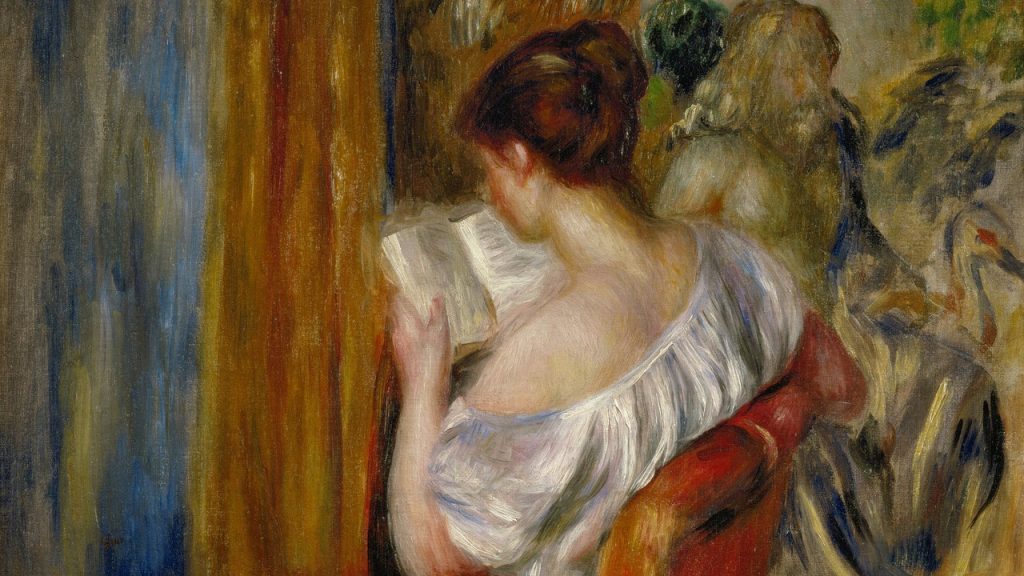Historical fiction offers readers the opportunity to travel back in time and experience different periods and settings through the eyes of fictional characters. Some of the best historical fiction books of the last several decades include “Homegoing” by Yaa Gyasi, which spans eight generations and multiple locations, exploring themes of hope and sacrifice. “Funny Girl” by Nick Hornby takes readers to 1960s London, following the journey of a sitcom star navigating newfound fame with humor and sensitivity.
Anne Michaels’s “Fugitive Pieces” tells the story of a Holocaust survivor and the impact of trauma and loss on his life. “The Remains of the Day” by Kazuo Ishiguro delves into the inner turmoil of a butler who served a wealthy English lord, grappling with his own personal desires and the choice to ignore troubling secrets. Lauren Groff’s “Matrix” follows a young prioress in a 12th-century English abbey as she navigates violence and devotion while reimagining her role in the community.
Elizabeth Gilbert’s “The Signature of All Things” introduces readers to Alma Whitaker, a botanist in 19th-century Philadelphia, as she explores the natural world and grapples with questions of science and mysticism. Jack Finney’s “Time and Again” combines history and time travel, following an artist who travels from the 1970s to 1880s New York and uncovers long-lost secrets. Zadie Smith’s “The Fraud” offers a fictionalized take on a 19th-century criminal trial, exploring themes of colonialism and social concerns of the time.
Marilynne Robinson’s “Gilead,” a Pulitzer Prize-winning novel, follows a minister in 1950s Iowa as he reflects on his family’s history and struggles with faith and fatherhood. Jim Crace’s “Quarantine” takes readers back two thousand years to follow Jesus during his ascetic retreat in a desert cave, highlighting encounters with others seeking clarity and self-denial. These historical fiction novels offer an immersive journey into the past, allowing readers to explore different periods, cultures, and themes through the lens of compelling and authentic characters.


